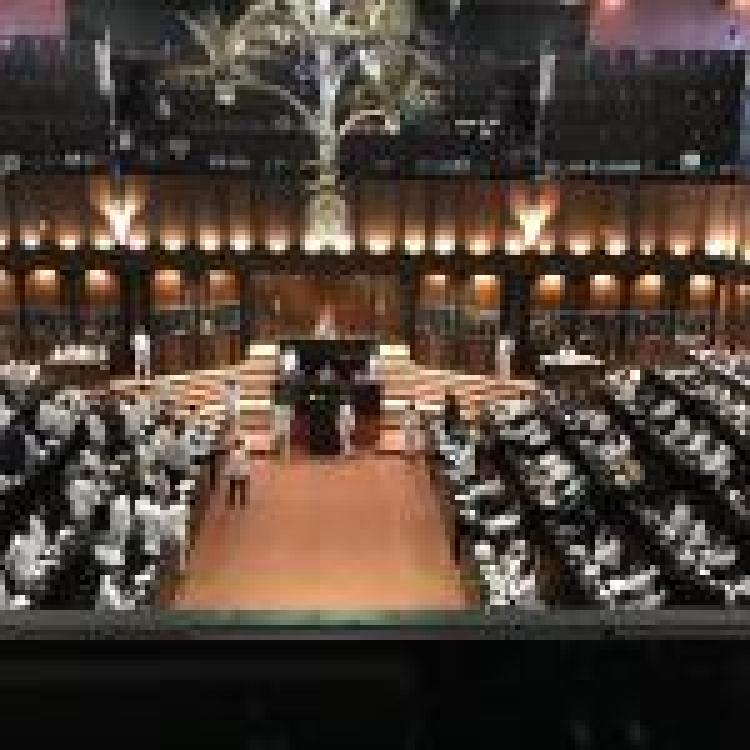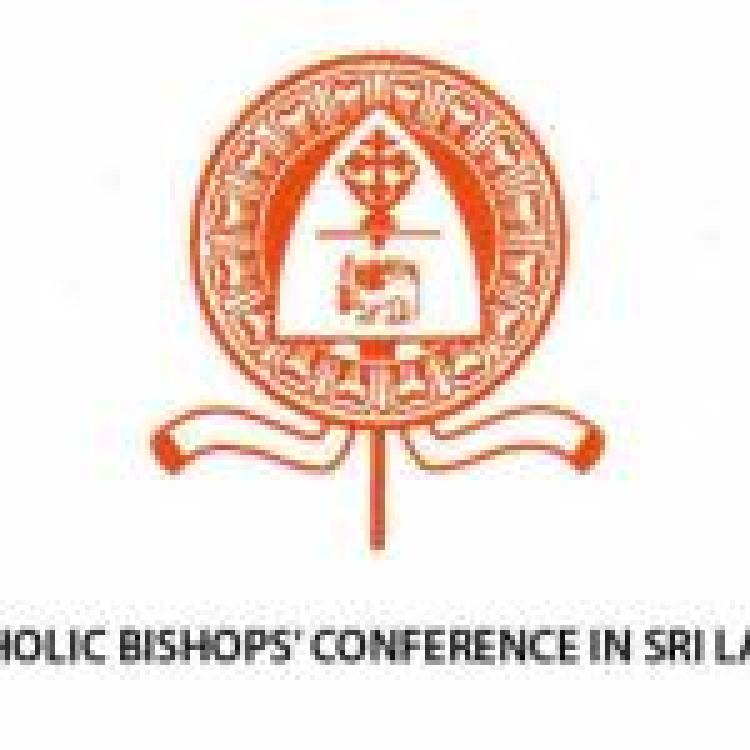The International Commission of Jurists (ICJ) has condemned Sri Lanka’s 20th amendment to the constitution, which seeks to centralise power and limit the power of parliament and the courts, as a “blow to the rule of law”.
In their statement the ICJ attacks the amendment, which passed into law on 22 October, paying particular attention to the reintroduction of Parliamentary Council. The measure allows for judicial appointments at the Presidency discretion at has been described as “incompatible with principles of justice”.
The Council is to be staff with political actors whose role will be to advise the president regarding appointments to the judiciary and key public institutions. According to the ICJ “under international standards, appointments to the judiciary should not be vested solely with the executive”.
The ICJ expressed regret over the rushed of the amendment and raised specific concerns over the suspension of Standing Order 50 (2) which maintained that every bill to be referred to the relevant Sectoral Oversight Committee for consideration prior to being debated in parliament.
Ian Seiderman, ICJ’s Legal and Policy Director, stated on the passage of the 20th Amendment:
“It is appalling that Constitutional amendments with such far-reaching consequences on the constitutional governance of the country were rushed through in such haste, especially at a time Sri Lanka battles with its largest COVID-19 outbreak to date”.
Whilst the ICJ applauded some alterations of the amendment made during the Committee Stage, in particular, amendments over “presidential immunity and the time period within which the president can dissolve Parliament”, they were further concerned by new provisions such as increasing the number of superior court judges.
The Supreme Court Bench is to be increased from 11 to 17 and the Court of Appeal from 12 to 20. These amendments, the ICJ notes, were not within an original gazette and were challenged by as many as 39 petitioners.
“Sneaking in substantial changes at the last stage of the legislative process where there is no opportunity for public comment or judicial review is not consistent with democratic processes under the rule of law”, Seiderman stated.
Read the full ICJ statement here.




